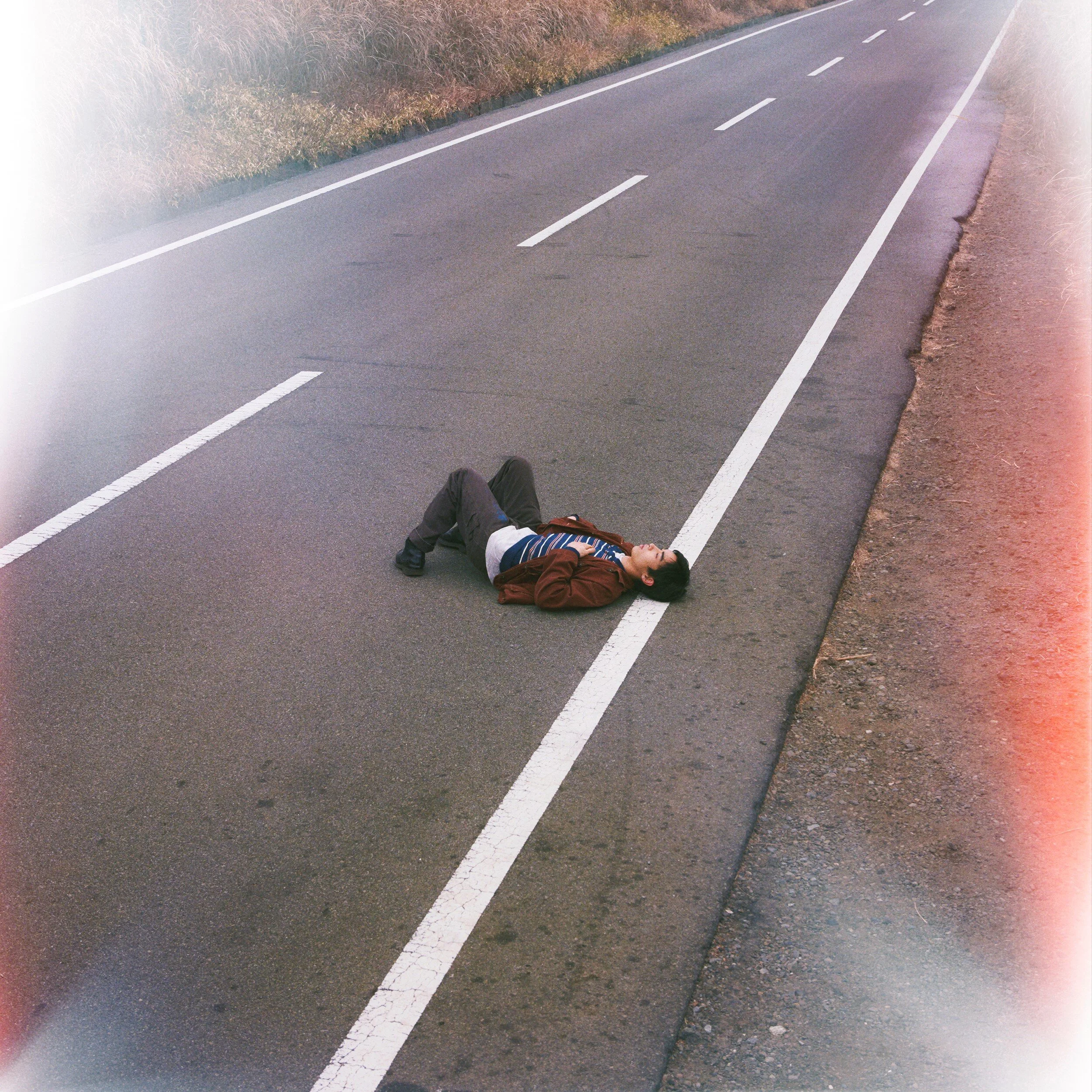by Morgan Troper (@mo_troper)
Within the last couple of years the American blogosphere has developed a fevered, borderline pathological obsession with Japanese city pop and the Yellow Magic Orchestra family tree, but there are other eras of Japanese rock that deserve the same level of critical attention. In the ‘90s and early ‘00s, a handful of J-rock bands drew influence from the early Creation Records catalog and produced some of the best and most interesting shoegaze and dream pop records of the era. Among them are Supercar’s sprawling masterpiece Three Out Change and Coalter of the Deepers’ genre-bending Submerge, both from 1998, 1999’s sugarplastic by Luminous Orange, and Clams’ self-titled EP from 2001.
Tokyo band For Tracy Hyde sound especially indebted to this niche on their newest album, Ethernity, though they also aren’t afraid to put their own spin on things. The band’s previous releases displayed a marked, modern J-pop influence, and that’s definitely present here as well. Overall, however, Ethernity highlights For Tracy Hyde’s heavier and more indie-minded instincts. They’ve never sounded quite as “alt” as they do on “Chewing Gum USA,” for instance.
The boost in volume not only underscores the anthemic nature of these songs—it offsets the saccharine hooks and occasionally histrionic vocal delivery, resulting in the the band’s most well-rounded outing to date. Which is not to say there’s a complete lack of iPhone-waving slow burns—there’s the subtly alt-country “City Limits” which sounds like it could have made the latter half of Taylor Swift’s Red, and the breathtaking “The Nearest Faraway Place” which evokes a relatively unexpected sonic influence: early, Peter Gabriel era Genesis.
So much contemporary shoegaze and dream pop is rote and yawn-inducing due to a fundamental misunderstanding of the genre’s pop soul. As a pop band, first and foremost, who has made the gradual transition into gnarlier territory, that’s not an issue with For Tracy Hyde, and hooks abound on Ethernity. I wouldn’t be surprised if Ethernity becomes something of a transitional album for the band, as they do still seem slightly on the fence separating full-on pop from full-on rock. The album’s best moments are those that effortlessly blend the two, such as “Sister Carrie,” which starts on a jagged, unsettled open chord à la Swervedriver’s “Duel” before metamorphosing into a mammoth singalong. “Sister Carrie” is without a doubt the album’s highlight, and it’s already a strong contender for best guitar pop song of the year.

